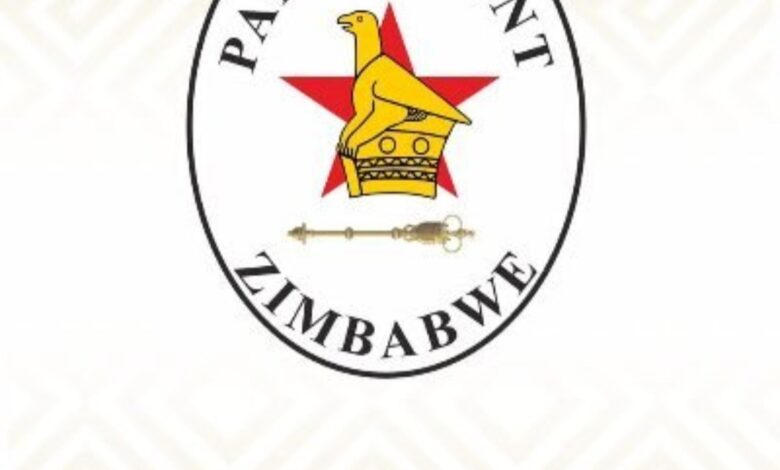Parly debates media bill amid concerns over press freedom

Nqobizwe Thebe
Zimbabwe’s Parliament is currently debating the Broadcasting Services Amendment Bill, a proposed law that has sparked controversy over media control, taxation policies, and government oversight.
Key clauses in the bill include a provision that compels motorists to pay for Zimbabwe Broadcasting Corporation (ZBC) radio licenses before acquiring vehicle licenses and another that requires private broadcasters to carry three ZBC channels for free.
Opposition lawmakers and civil society groups argue that these measures reflect a broader pattern of state control over media and suppression of dissent, citing past cases of journalists and activists facing persecution for challenging the government.
The bill, currently under discussion in the National Assembly, has drawn criticism from several MPs who say that forcing motorists to pay for ZBC licenses creates an unfair burden, particularly for those who do not listen to ZBC.
Linking ZBC fees to vehicle licensing through ZINARA (Zimbabwe National Road Administration) could lead to legal challenges over whether it constitutes an unfair tax. Requiring private broadcasters to air three ZBC channels for free gives the state broadcaster an advantage over independent media.
During the debate, Hon. Mambipiri voiced strong opposition to the mandatory ZBC license fees, saying, “This is an unjust tax on motorists. People should have the right to choose whether or not they want to pay for ZBC services, especially when many do not listen to state radio.”
Similarly, Hon. Chikombo warned that the bill could be unconstitutional, stating, “This provision fails the constitutional test of fairness and non-discrimination. It unfairly targets motorists while ignoring the millions of Zimbabweans who access media through phones and the internet.”
However, Information Minister Dr. Jenfan Muswere defended the bill, arguing that it is in line with international standards. “It is standard practice globally for national broadcasters to be supported through public funding. The ZBC plays a critical role in national communication and must be adequately funded,” he said.
During the debate, some MPs argued that these clauses could violate constitutional provisions on fair taxation and access to information. Others supported the bill, stating that ZBC, as a national broadcaster, needs funding to sustain operations.
The concerns over media control and state interference are not new. Zimbabwe has a history of clamping down on independent journalism and opposition voices. Several prominent figures have faced legal and political challenges.
These cases illustrate how state institutions, including the police and judiciary, have been used to suppress political opponents and journalists. The debate over the ZBC bill has raised concerns that similar tactics could be used to restrict access to independent media.
Human rights lawyer Beatrice Mtetwa weighed in on the issue, saying, “This bill is not about funding ZBC—it is about tightening the government’s grip on the media. We have seen this before, and it always ends in repression.”
Legal experts have pointed out that forcing citizens to fund the state broadcaster through indirect means, such as vehicle licensing, could set a dangerous precedent. They argue that a free and independent media environment is essential for democracy and that the bill risks reinforcing state control over information.
The government, however, defends the bill, arguing that ZBC, like other national broadcasters worldwide, requires funding to continue operating.
Requiring private broadcasters to carry ZBC channels aligns with international best practices, although critics question the lack of clarity on which agreements or standards support this.
The Broadcasting Bill is still under discussion, and its final version could be amended before becoming law. Opposition MPs and media watchdogs have called for wider public consultations to ensure that the law does not restrict media freedom or impose unnecessary financial burdens on Zimbabweans.





